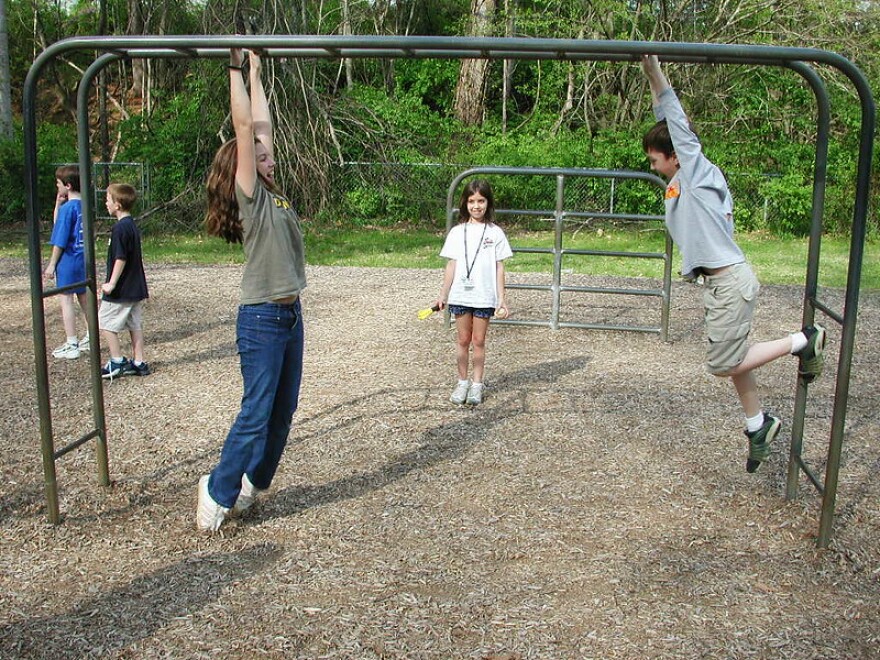Children who face trauma at a young age can experience physical and mental health issues in adulthood, according to a local professional.
Tammy Washington, early childhood life skills coordinator of the Children’s Coalition for Northeast Louisiana, said that adverse childhood experiences can impact a child's growth and future.
An adverse childhood experience, or ACE, is a study that explains how trauma and adversity faced in childhood can increase the physical, mental and behavioral problems that can appear later in life, according to Washington.
“Basically it explains how childhood trauma literally changes the physiology,” said Washington.
More than two thirds of children reported have experienced at least one traumatic event by age the of 16, according to the Substance Abuse and Mental Health Services Administration.
Washington explained that children face different levels of trauma through poverty, hunger, physical, sexual and emotional abuse. Washington added that the trauma a child faces does not limit to just abuse.
“It can be the loss of a love one or an experience in childhood that was not supported, and the child didn’t receive the help that they needed to build that resiliency,” said Washington. “It becomes traumatic, and it can affect you throughout your life.”
Washington elaborated on how a traumatic event cause lead a person to experience stress, which can make your body vulnerable to health issues.
“Your body internalizes that stress, and it basically absorbs it and responds to that. And it can cause physical issues such as the likely hood of heart disease, chronic diseases and cancer,” said Washington.
Washington encourages parents to reach out to resources such as teachers, support groups or therapy in the community to learn how to comfort and provide help to children who may have faced some type of trauma to ensure the child is not scarred from certain things they have experienced.
“Speak with the child’s pediatrician to find out how they can better support their child,” said Washington. “It’s not just the parent. It is also any caregiver of any child needs to know how to respond to that situation, so that a child can have everything they need to build their resiliency.”
"Time to Talk" is produced with the Children's Coalition for Northeast Louisiana and BayouLife Magazine.




